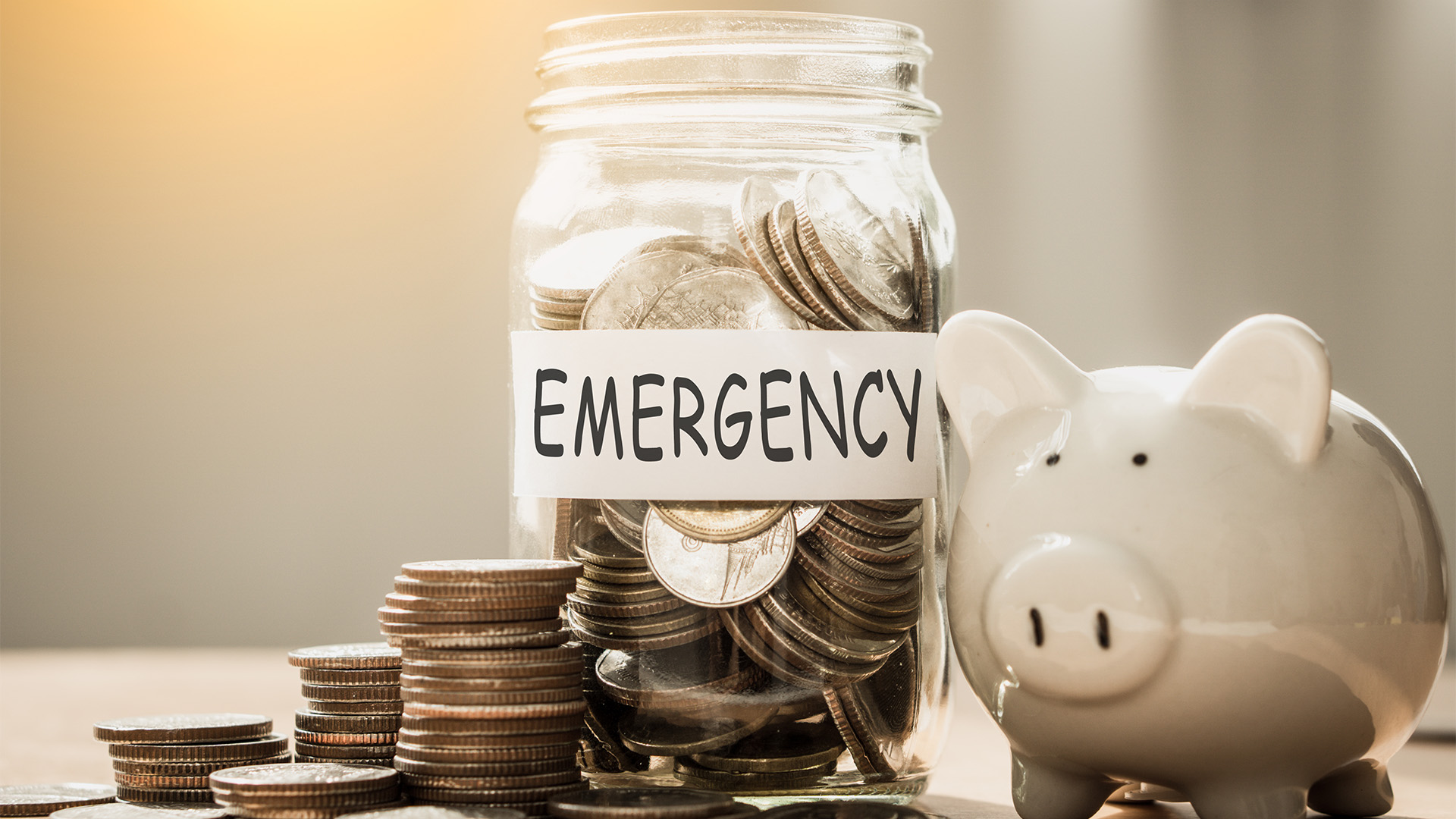How Much Should You Save?
The ideal size of your emergency fund depends on your unique circumstances. A common guideline is to save three to six months’ worth of living expenses. However, several factors can influence this amount:
- Monthly Expenses: Start by calculating your essential monthly costs, such as rent, utilities, groceries, transportation, and debt payments.
- Income Stability: If you have a stable job with regular income, three months’ worth of expenses might suffice. For those with less stable income, such as freelancers or self-employed individuals, aiming for six months or more can provide a greater sense of security.
- Family Size and Responsibilities: Larger families or households with dependents may need a larger emergency fund to cover additional expenses.
- Health Insurance and Medical Needs: If you have robust health insurance, a smaller emergency fund may be sufficient. However, if you have significant health concerns or limited coverage, a larger fund can help protect you from unexpected medical costs.
- Debt Obligations: If you have substantial debt, it’s crucial to prioritize paying it off while also building an emergency fund.
Strategies for Building Your Emergency Fund
Building an emergency fund may seem daunting, but with a strategic approach, you can achieve your goal. Here are some effective strategies:
- Start Small, Build Gradually: Begin by setting a modest target, such as $1,000. Once you reach this goal, you can increase your savings target to three to six months’ worth of expenses.
- Automate Your Savings: Set up automatic transfers from your checking account to a high-interest savings account. This helps you save consistently without relying on willpower.
- Cut Unnecessary Expenses: Review your spending habits and identify areas where you can reduce costs, such as dining out, subscriptions, or entertainment.
- Increase Your Income: Consider taking on a side hustle or monetizing your hobbies to generate extra income for your emergency fund.
- Use Windfalls Wisely: Any unexpected money, such as tax refunds or bonuses, can be a significant boost to your emergency fund.
The Power of an Emergency Fund
An emergency fund offers numerous benefits beyond financial security:
- Reduces Financial Stress: Knowing you have a safety net can alleviate anxiety and stress.
- Prevents Debt Accumulation: An emergency fund can help you avoid relying on credit cards or loans, which can lead to debt and high-interest charges.
- Increases Financial Independence: It empowers you to make informed decisions without financial constraints.
- Provides Flexibility: An emergency fund can provide the flexibility to pursue opportunities, such as starting a business or taking a career break.
By prioritizing your emergency fund and implementing these strategies, you can build a strong financial foundation and enjoy peace of mind, knowing you’re prepared for whatever life throws your way.

Cassandra San, Fincial Advisor
Cassandra, a financial advisor at Connect Wealth, focuses on risk management planning. Cassandra started in the financial industry in 2016, when she joined her dad’s practice. Cassandra enjoys working with family and small businesses, appreciating the professional and supportive environment at Connect Wealth. She holds a Business degree from the University of Idaho and is pursuing her CFP designation. Recently, Cassandra became a new mom, and she and her husband Alvin spend most of their time chasing their son, Trysten.



















